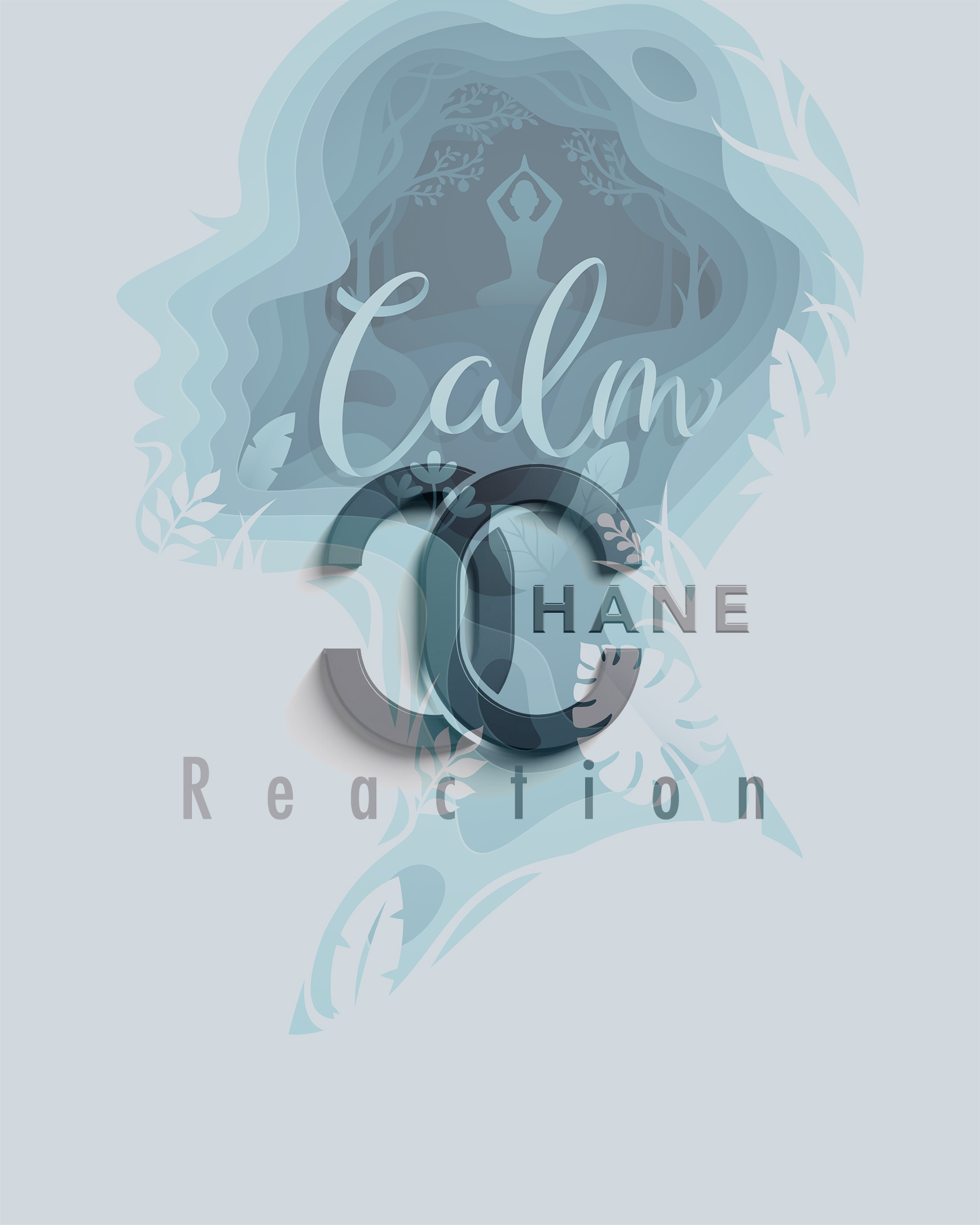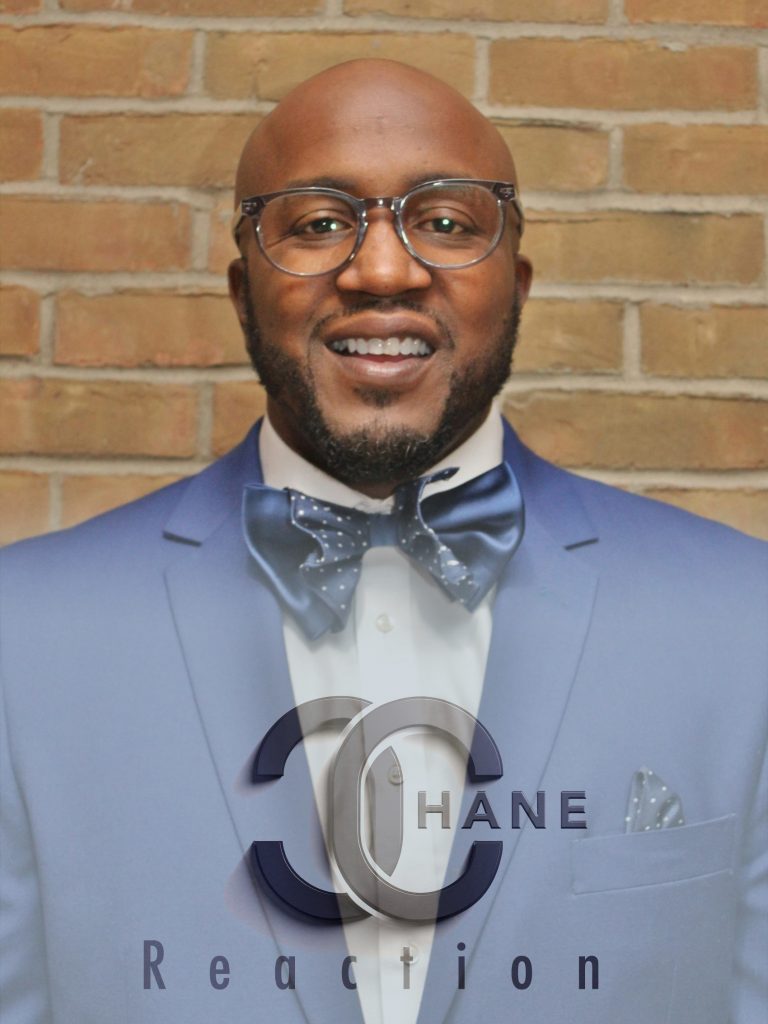Selecting the Right Therapist: A Guide to Finding Your Perfect Match
Finding a therapist who’s the right fit can feel daunting, but it’s a crucial step towards achieving your mental health goals.
Online directories like Chane Reaction LLC, Psychology Today, Zencare, and GoodTherapy provide Valuable Resources for Finding a Therapist
Just like any important relationship, the therapeutic alliance—the connection and trust you build with your therapist—is key to successful treatment outcomes.
This article will guide you through the process of selecting a therapist and equipping you with the questions to ask to ensure you find your ideal partner in healing.
Beyond the Basics: Understanding Credentials and Specializations
Therapists hold various licenses and degrees, each with its unique focus and training. Here’s a quick overview of some common credentials and what they mean:
- Licensed Master Social Worker (LMSW), is a social work professional who has earned a Master of Social Work (MSW) degree and obtained state licensure.
- Licensed Professional Counselor (LPC): Typically focuses on individual psychology, human development, and therapy for individuals.
- Licensed Clinical Social Worker (LCSW): Takes a holistic approach, considering social justice and systemic issues that impact mental health. They are qualified to provide individual, group, couples, and family therapy.
- Licensed Marriage and Family Therapist (LMFT): Specializes in relationship dynamics and providing counseling for couples, marriages, and families.
- Doctor of Psychology (PsyD) and Doctor of Philosophy (PhD): Psychologists with these degrees are equipped to handle more complex psychological disorders and may also specialize in testing, research, or clinical techniques.
Check Out
Other Therapists
It’s essential to research a therapist’s credentials and experience to ensure they have the expertise to address your specific needs. Don’t hesitate to ask about their background and training during your initial consultation. You can also verify their licensing through your state’s licensing board.
Identifying Your Needs: What Kind of Therapy and Therapist Are You Looking For?
Before beginning your search, consider your preferences and what you hope to achieve in therapy. Consider:
- Therapy Goals: Are you seeking to manage anxiety, cope with trauma, improve relationships, or develop better coping skills? According to Grow Therapy, your goals should be a primary factor in your decision.
- Therapeutic Approach: Are you interested in a structured approach like Cognitive Behavioral Therapy (CBT), which focuses on changing negative thought patterns, or a more exploratory approach like Psychodynamic Therapy, which delves into past experiences and their impact on present behavior? Verywell Mind provides a comprehensive list of different therapy approaches, including Dialectical Behavior Therapy (DBT), Interpersonal Psychotherapy, and Acceptance and Commitment Therapy (ACT).
- Therapist Style: Do you prefer a more directive or collaborative therapist? Are you comfortable with “homework” assignments between sessions? Do you feel comfortable and safe sharing personal information with them?
Asking the Right Questions: A Guide for Initial Consultations
Most therapists offer a brief, free initial consultation, which is an excellent opportunity to ask questions and assess if they’re a good fit, notes evocounseling.com. Here are some questions to consider:
- “How long have you been practicing, and what licenses and certifications do you have?”
- “What is your general philosophy and approach to helping? Are you more directive or more guiding?”
- “What is your experience treating people with similar issues to mine?”
- “What are your policies around cancellations, insurance, and payments?”
- “What is a typical session like?”
- “How often would you anticipate seeing me, and for how long?”
- “Based on what you know about me so far, do you believe we’re a good fit? Why or why not?”
Recognizing Red Flags and Finding Your Fit
While finding a good therapist can take some time, be aware of potential red flags:
- Lack of Credentialing or Experience: Ensure your therapist is licensed and has experience in your area of need, according to Healthline.
- Blurred Boundaries or Lack of Professionalism: A therapist should maintain professional boundaries and avoid excessive self-disclosure or inappropriate questions unrelated to your therapy.
- Not Feeling Heard, Understood, or Respected: You should feel safe and comfortable enough to share openly and honestly with your therapist.
- No Goals or Focus on Evidence-Based Treatments: Therapy should involve setting goals and using techniques backed by research.
Remember, finding the right therapist is a personal journey. Trust your instincts and don’t hesitate to switch therapists if you don’t feel a strong connection or find that their approach isn’t working for you. Your mental health is worth the effort to find the perfect match.
Resources for Finding a Therapist
- Online directories like Chane Reaction LLC, Psychology Today, Zencare, and GoodTherapy.
- Referrals from friends, family, or your primary care physician.
- Community mental health agencies for reduced-fee options.
- Online therapy platforms like BetterHelp and Talkspace can also provide accessible and convenient care options.
By taking the time to research, ask questions, and trust your intuition, you can find a therapist who will be an invaluable partner in your journey toward improved mental well-being.
Take Action Today!
Are you mentally prepared for this season? Don’t hesitate to reach out. Together, we will ensure you successfully navigate the challenges ahead.
Sharing is Caring
Awareness about Chane Reaction LLC's Solutions to Mental Health is awaiting your share!
Focused on the Focus
At Chane Reaction LLC, we focus on precisely what needs to be focused on











